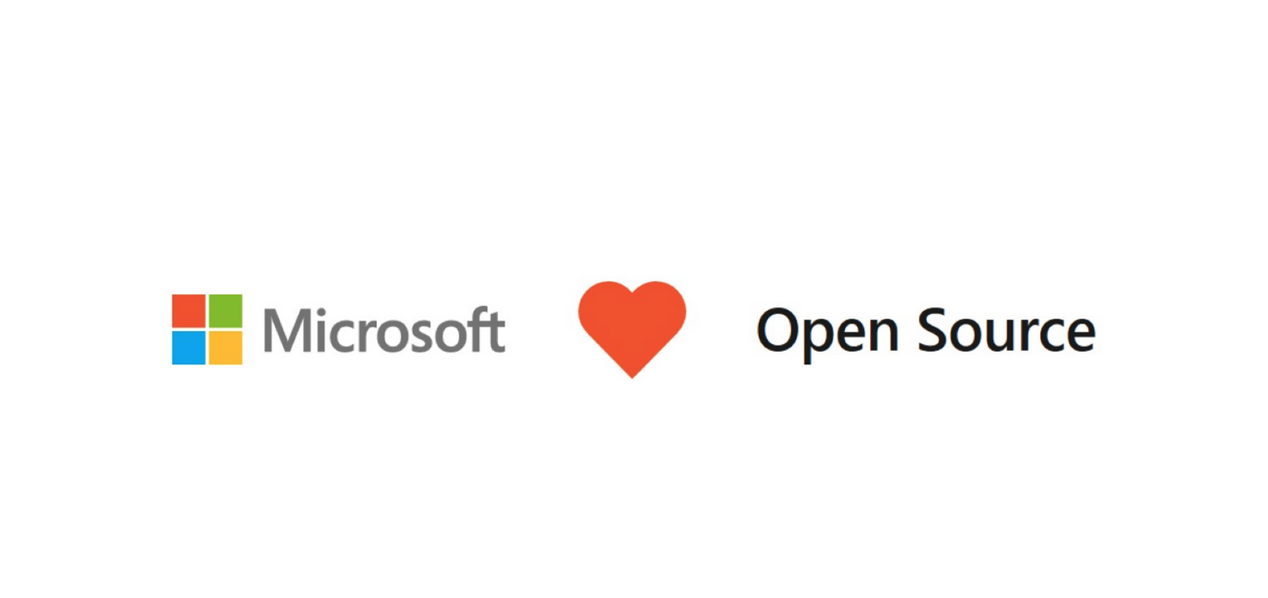The battle for customers in the world of communication is about to become a lot more heated as the lines between telcos and managed service providers on one side and mega-sized providers like Google, Facebook, Apple and Microsoft become much more clearly defined.
It has long been assumed that the sheer size of the big providers, not to mention the ease in which they can reach customers, would inevitably give them market dominance in personal and corporate messaging, leaving MSPs and telcos in the dust.
But recently there have been signs that this inevitability is not such a sure thing. US and Canadian traffic on Facebook dropped by over six million users last month, capping a long sequence of slow growth on the social networking site.
Meanwhile, business customers are still shying away from the big providers, citing service level agreements that still enable customer data to be modified by the provider at the provider’s discretion. Not exactly a business-friendly environment, but such service level agreements are to be expected when you think about Google and Facebook, who aren’t building revenue on selling customers services—they generate revenue from customer data (thoughtfully provided by the customer). Apple is just now entering this model with iCloud as well. It’s a free service, but all your data is theirs.
Telcos and MSPs have a different model for customers: service first. Because of this, they can engender a higher level of trust with their customers, because customers know their data is their own and not for the benefit of the service provider.
Most providers are also helped by the fact they are local and better equipped to handle service and support issues. They can also provide more affordable solutions in the form of packages, throwing in web hosting, phone, TV, storage, mobile and other services along with E-Mail hosting and Internet pipe.
But while the small and personal touch may sound appealing, there are limitations within this sector that have to be recognized as well.
Individually, MSPs are not as fast on their feet as the “Valley gang,” and they typically don’t offer any real innovation for the end-user. Also, while a service-oriented approach is supposed to be the norm, many companies have been relying too long on their cash cows, such as fixed line services, access products, and selling mobile phone bundles. They’ve become too product-oriented, instead of focusing on services.
There, though, lies their chance.
To date, MSPs and telcos have not been able to merge their different products into one unique service-oriented user experience. If they can do that and offer a better user experience to customers than the mega-providers, customers will come. Customers will even pay extra for a better experience and increased productivity: you need only look at the iPhone, Android, and BlackBerry platforms to demonstrate that. And customers will understand what’s going on around their most valuable digital assets, their data.
It won’t be easy: there are risks involved. Some attempts will, in all likelihood, fail to attract customers. But in order to survive in the long run, telcos and MSPs will take those risks and then some to compete with the likes of Google and Facebook.
The big winner in this heightened competition will be, of course, the customer. More competition will bring more choices, which can only benefit the customers’ bottom lines.





